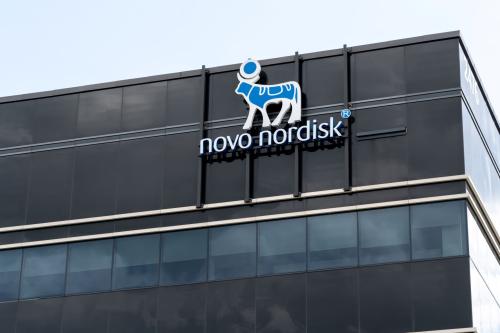

9:00 am EDT - 4:15 pm EDT
Past Event
9:00 am - 4:15 pm EDT
10 Thomas Circle, NW
Washington, DC
20005
Sickle cell disease is a complex genetic disorder that affects over 100,000 Americans and millions of individuals worldwide. The disease impacts multiple systems within the body, causing a wide range of debilitating symptoms that can ultimately shorten life expectancy. Despite an increased understanding of the disease’s underlying biology and pathophysiology, there continue to be significant challenges in designing and executing randomized clinical trials for sickle cell disease. There are also very few effective treatments, and the majority of available therapies focus on managing symptoms rather than treating the underlying disease process. As part of its commitments under the Prescription Drug User Fee Act Reauthorization of 2012, the U.S. Food and Drug Administration (FDA) is working with academia, industry, and patient stakeholders to accelerate the development of new drugs to treat this condition.
On October 9, 2014, the Engelberg Center for Health Care Reform, in cooperation with the FDA, held an expert workshop, “Accelerating Drug Development for Sickle Cell Disease”, which focused on the major issues related to endpoint selection, clinical trial design for both adult and pediatric patients, and the development and use of patient-reported outcomes in clinical drug development. This workshop included representatives from across industry, academia, and governmental agencies, and was a follow-up event to the FDA’s Patient-Focused Drug Development Meeting on sickle cell disease, which took place in February 2014.
9:15 am
9:30 am
9:45 am
11:15 am
1:15 pm
2:15 pm
3:15 pm
3:45 pm

Matthew Fiedler, Loren Adler
March 27, 2024

Marta Wosińska
March 13, 2024

Richard G. Frank, Fiona Scott Morton, Aaron Kesselheim, Gerard F. Anderson, Rena M. Conti, David M. Cutler, Jack Hoadley
February 5, 2024